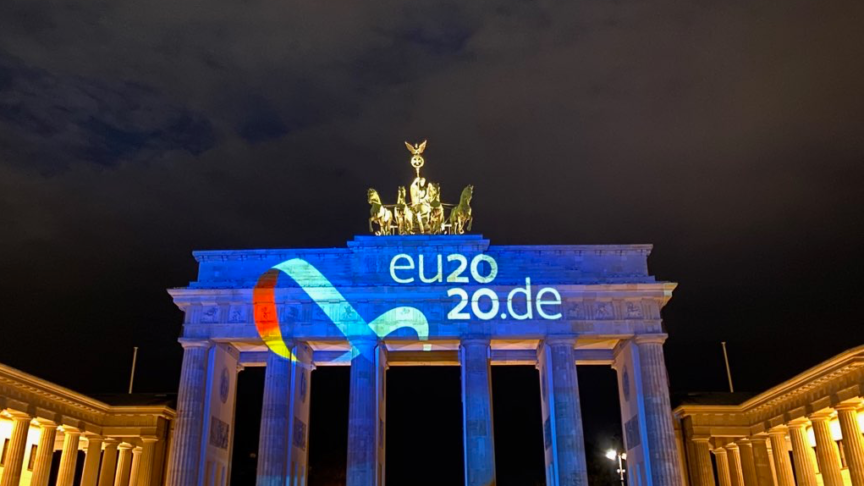
Germany at the helm: How Berlin kept Europe together in 2020
Germany managed to keep Europe together in a time of severe crisis. The country led diplomatic efforts to find an agreement on the EU’s seven-year budget and its recovery fund.

Germany managed to keep Europe together in a time of severe crisis. The country led diplomatic efforts to find an agreement on the EU’s seven-year budget and its recovery fund.
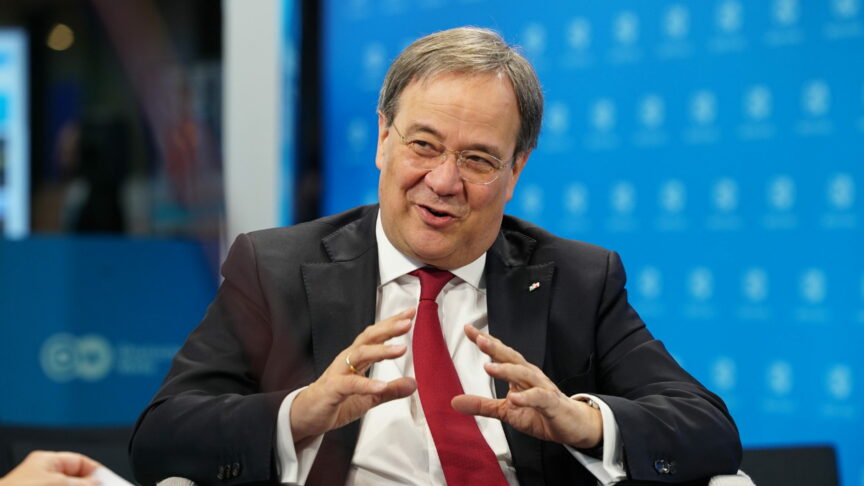
The election of a new CDU party leader last weekend might be the first step towards a novel Black-Green coalition government – whose defence policy could be surprisingly visionary, if the parties are willing to work together
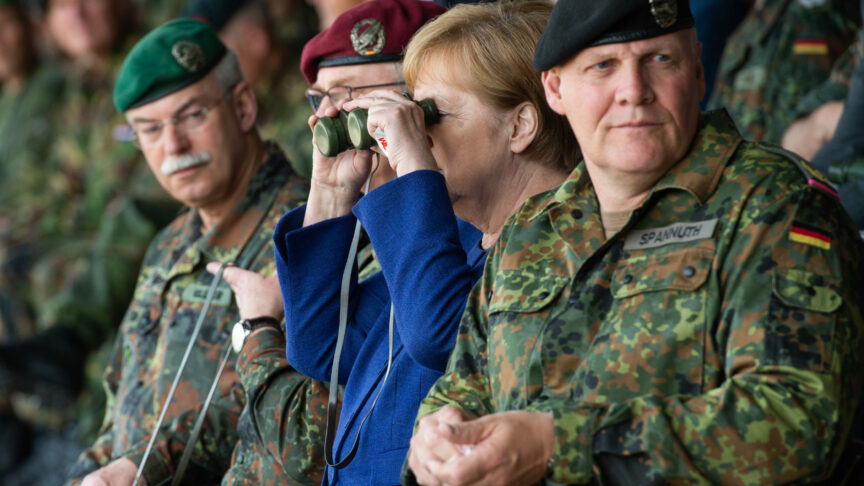
Angela Merkel has long resisted updating German defence policy for today’s challenges. Her successor will not be able to avoid the challenge forever
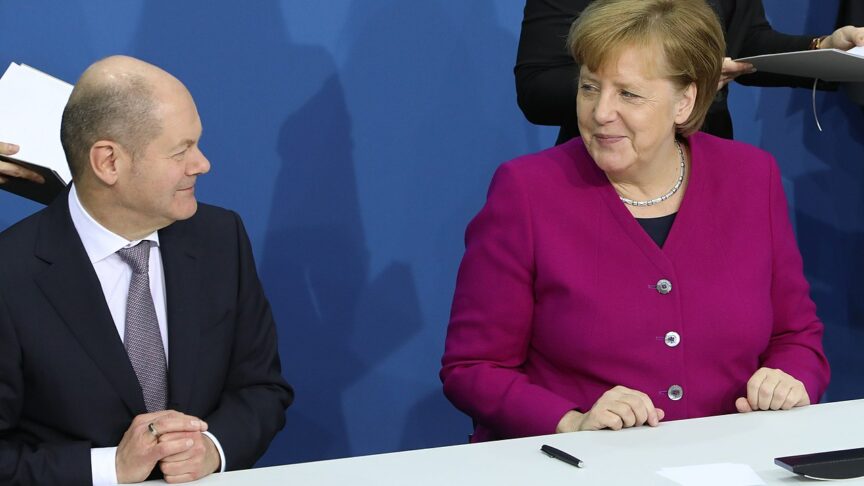
Germany, together with France, aims to play a decisive role in the reconstruction of the post-coronavirus world
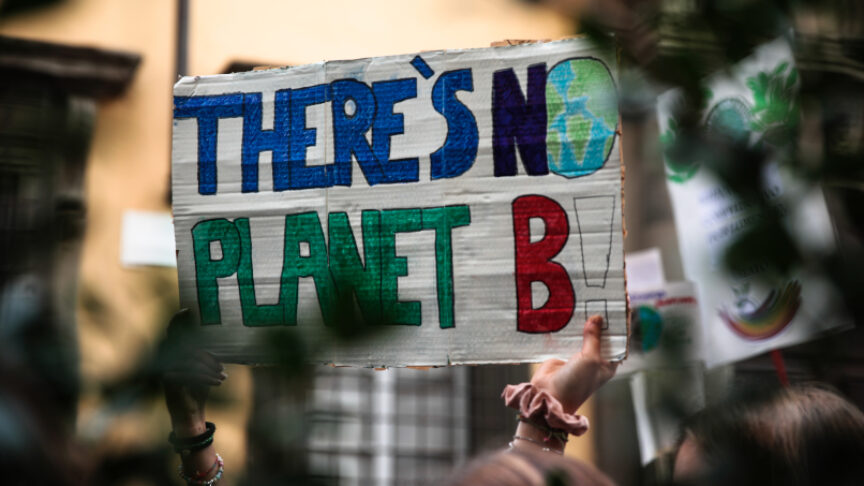
The Greens’ drive and plans will be essential if Germany is to regain a leadership role on European climate policy
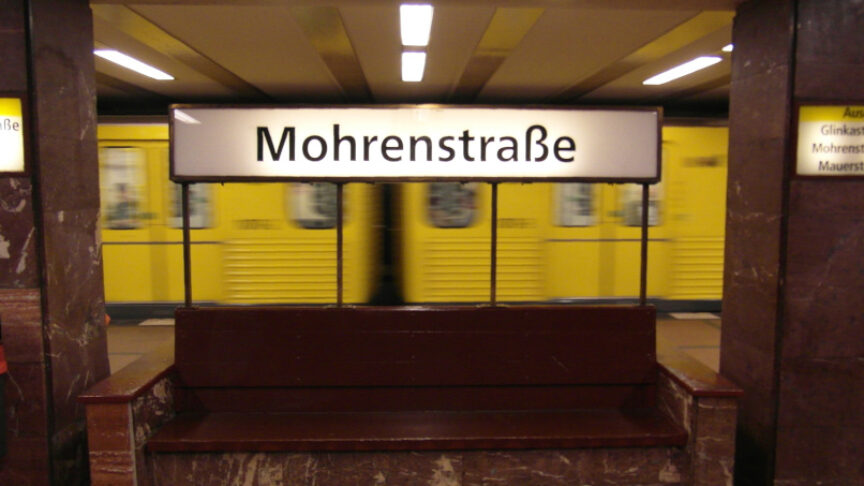
Initiatives designed to change German attitudes towards colonial history will be important in improving Germany’s relations with African countries
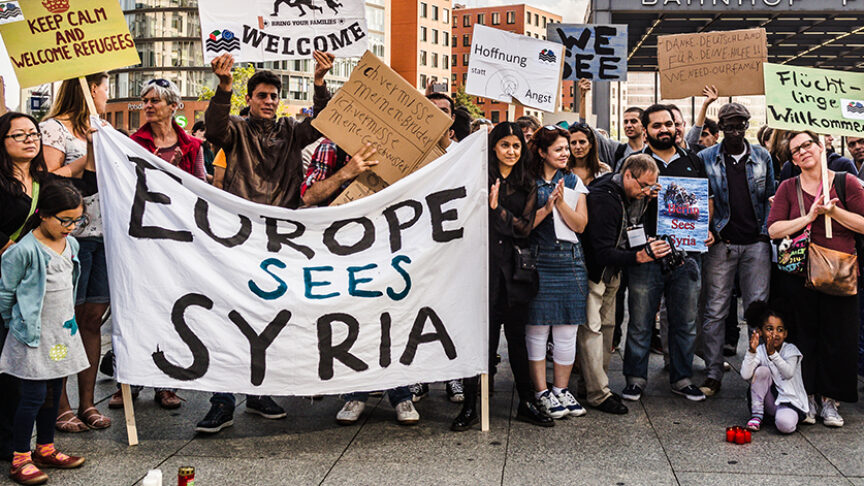
Germany is a safe haven for Syrians for now – but a government decision to lift the ban on sending refugees back to Assad’s Syria would have catastrophic consequences
Germany’s nuclear sharing role in NATO is no given – and what political leaders in Berlin do next will have implications for the whole alliance
Berlin has quietly made concessions to new calls for greater solidarity. But back home this consensus may not last forever.
German decision-makers must now bear in mind not only their country’s well-being but also that of the entire EU